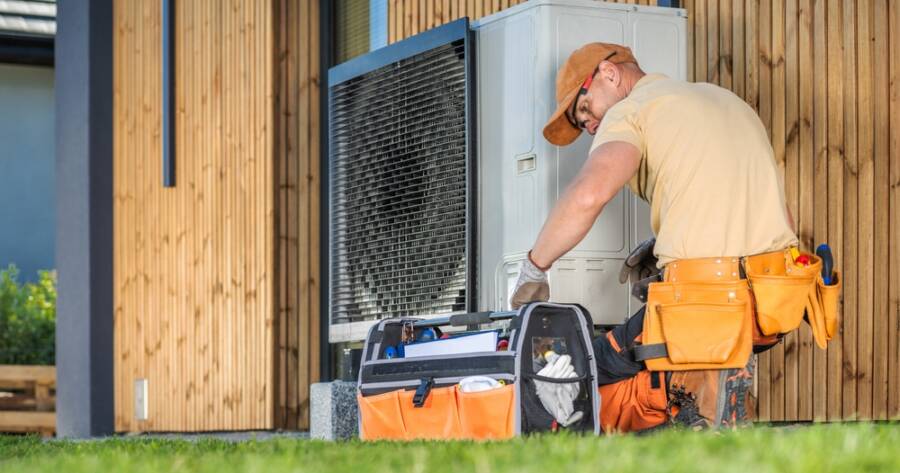The HVAC industry offers dynamic career pathways with promising growth and earning potential. From entry-level roles to senior positions like operations manager, the field supports professional advancement through hands-on training, certifications, and specialized roles. With considerable job diversity and demand, HVAC careers present substantial opportunities for those seeking stability and growth in a thriving sector.
Career Pathways in HVAC
The HVAC industry offers a specific and rewarding career path, with each step providing new opportunities and increased potential. Starting from entry-level positions like HVAC helper or installer, individuals are able to learn on the job, assisting experienced technicians. As they gain experience and training, they can move into mid-level roles such as HVAC service manager or commercial service technician, which offer additional responsibilities and technical gains.
For those motivated by advancement, there are senior-level positions such as HVAC instructor or operations manager. These roles require significant experience—often over seven years—and may necessitate advanced degrees or certifications to further enhance earning potential and assume leadership responsibilities within the industry.
Training and Education in HVAC
To enter the HVAC field, individuals typically begin with trade school training or an apprenticeship. Programs like The Blue Collar Team offer the flexibility to train remotely and graduate in as little as three months, providing a quick entry into the workforce. After initial training, many HVAC professionals gain hands-on experience through apprenticeships.
These apprenticeships help build foundational skills, with apprentices starting at $12 to $20 per hour, depending on state regulations. An important certification for career growth in this field is the Universal EPA Section 608 Technician certification, which ensures technicians can handle hazardous refrigerants safely and are thus more competitive in the job market.
Earning Potential and Job Growth
The HVAC industry promises strong job growth and earning potential. The Bureau of Labor Statistics projects a 15% increase in employment for HVAC technicians through 2026, surpassing the national average for job growth. Technicians earn a competitive starting salary, with the potential to earn much more as one advances through the career ladder. Experienced HVAC professionals can earn salaries exceeding $100,000, and entrepreneurial individuals who branch into management or ownership can achieve unlimited income.
The field also offers opportunities for specialization in niche roles, such as refrigeration technicians or energy auditors, which require additional training but can lead to higher salaries and career growth. Technological proficiency is increasingly important as well, with software tools like ServiceTitan helping to enhance customer service and streamline operations for HVAC businesses.
Work Environment and Job Diversity
HVAC technicians can work in a variety of settings, including homes, offices, factories, and hospitals. This diversity enables professionals to avoid monotony and experience a mix of indoor and outdoor work. The job is physically active, which suits individuals who prefer hands-on work over sedentary tasks. However, technicians must be prepared for irregular hours since the industry involves being on-call for emergencies, often working early mornings, late nights, or weekends, albeit with the potential for overtime pay.
The role requires continual learning and adaptation to new technological advances, safety regulations, and customer needs. Despite the physical demands, many technicians find great satisfaction in providing essential services that earn them customer gratitude.
Why You Should Learn More About HVAC Jobs Today
Pursuing a career in HVAC opens pathways for significant professional and financial growth. The industry’s expanding demand guarantees job security, making it an attractive career choice.
Understanding the diverse opportunities within HVAC can help individuals choose a path that aligns with their skills and career goals. With incentives like competitive salaries, advancement opportunities, and nationwide demand, learning more about this field now can prepare aspiring professionals for a rewarding future.

